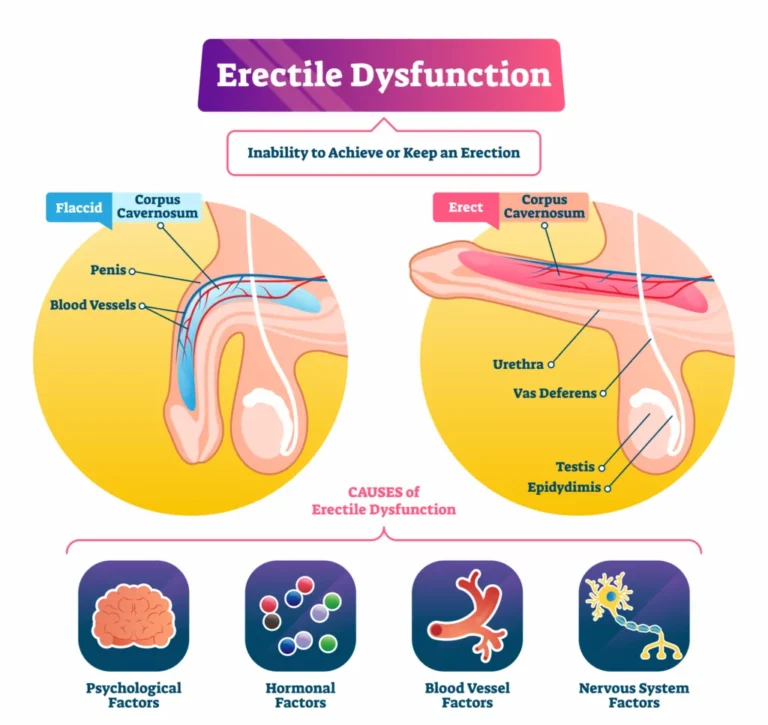Q: I am 26 and was recently diagnosed with diabetes. I am having a hard time maintaining an erection or reaching orgasm. Can anything be done to correct this problem?
A: Diabetes is far more than just a “sugar problem.” Even when blood sugar is controlled, it can still affect the body’s vascular and nervous systems. Over time, high glucose levels may damage the small blood vessels and nerves responsible for erections — a condition known as diabetic neuropathy. This can cause not only erectile dysfunction but also issues such as poor bladder control or constipation.
In many men, nerve and blood vessel damage may begin silently years after diagnosis, but poor glucose control can accelerate the process. Maintaining blood sugar within a healthy range is the most effective way to delay or prevent these complications. For further insight into managing these symptoms, see Correcting Diabetes-Related Erection Problems.
Circulation, Nerves, and Erections
Diabetes can also damage small arteries that supply blood to the penis, leading to decreased oxygen and nutrient delivery to the tissue. This mirrors the same process that causes foot ulcers or neuropathy in diabetic patients. While this tends to appear in older men, early lifestyle adjustments — such as consistent exercise, healthy diet, and smoking cessation — can preserve vascular function. You may also want to explore Diet, Lifestyle & Impotence for practical strategies to improve circulation naturally.
Emotional and Psychological Factors
Beyond physical changes, the emotional stress of a new diabetes diagnosis can significantly impact sexual performance. Feelings of frustration, anxiety, or mild depression are common and can suppress libido. Talking with a mental health professional or joining a diabetes support group can help alleviate these pressures. Gentle mindfulness practices or stress-reduction exercises—like those discussed in Yoga for “the Boys”—can also support better sexual and emotional well-being.
Treatment and Support Options
Fortunately, there are effective treatments for men with diabetes-related erectile issues. Medications like Viagra or other PDE5 inhibitors help increase penile blood flow, but they work best when underlying blood sugar and vascular health are managed. Additionally, a urologist can offer specialized evaluation and advice tailored to your situation. According to the National Institutes of Health, combining glucose control, exercise, and appropriate medications yields the best outcomes for restoring erectile function.
Takeaway
Diabetes does not have to end your sex life. By maintaining tight glucose control, addressing emotional health, and consulting your healthcare provider, you can manage symptoms and restore confidence. Remember: a healthy mind, body, and blood flow all contribute to a stronger erection and a better quality of life.

